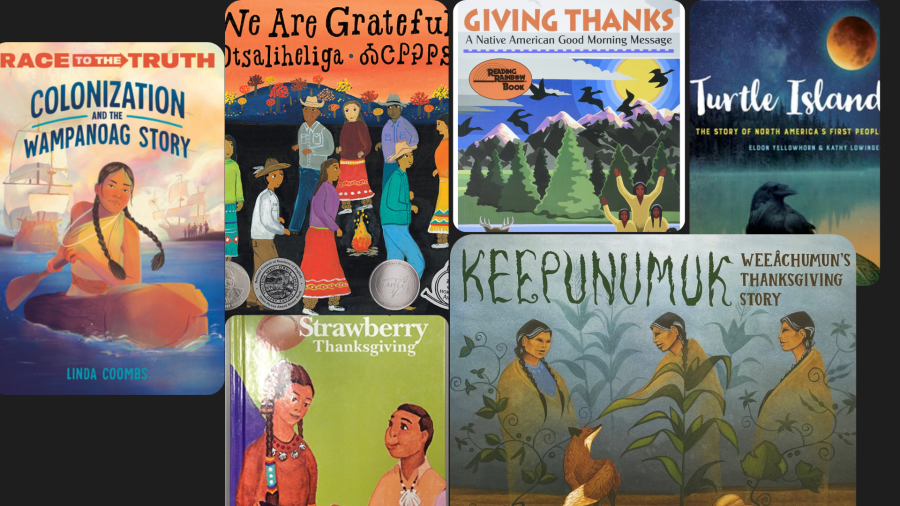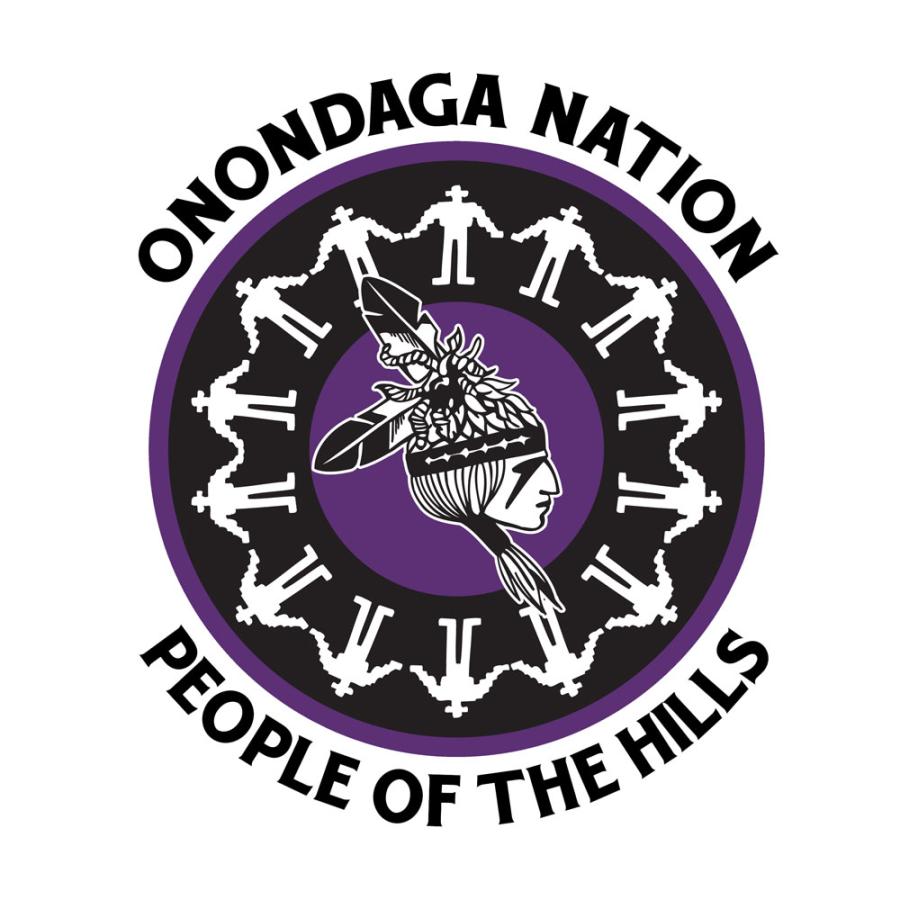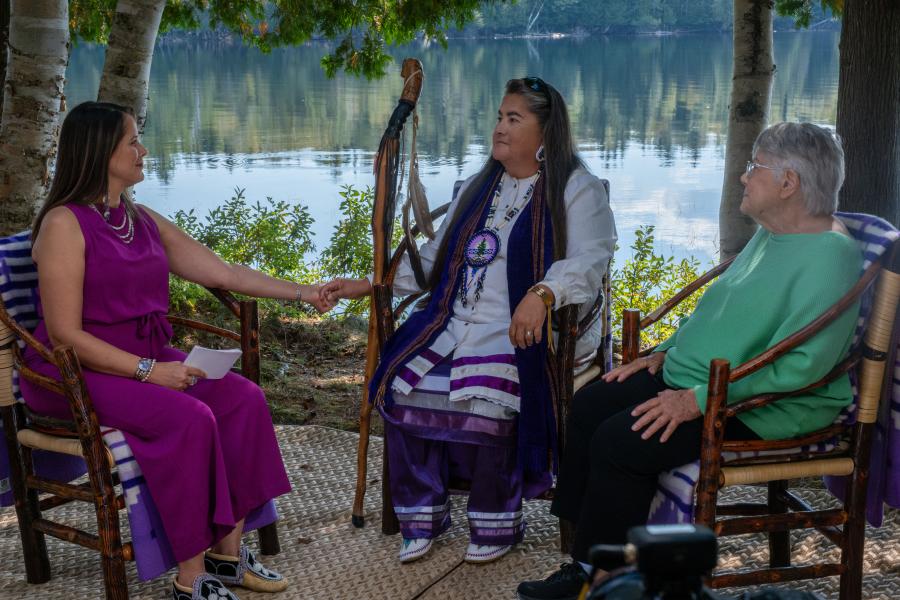The San Francisco Peaks are revered as a sacred site in Arizona, integral to the cultural and spiritual identity of at least 13 tribes in the Four Corners area. They are at the center of a current legal battle that could determine the future of Native American religious freedom. The Peaks, located outside of Flagstaff, AZ, and managed by the Coconino National Forest, have been a source of contention between native and non-native communities in the region for decades.
At the heart of the current controversy is a plan by the United States Forest Service and its business lessee, the Arizona Snowbowl, to expand a ski area that presently exists on the site. The expansion would involve clear cutting 74 acres of rare alpine ecosystem, making snow using reclaimed wastewater, and building a 14.8-mile buried pipeline to pump reclaimed wastewater. It also calls for resurfacing the site to allow for the construction of a three-acre, 10-million-gallon holding pond of reclaimed wastewater and purchasing up to 50 snowmaking machines. These machines could operate 24 hours a day and be audible up to two miles away.
In an effort to halt the expansion efforts, a landmark lawsuit has been filed against the United States Forest Service. Plaintiffs include the Navajo Nation; Hopi, Havasupai, and Hualapai tribes; White Mountain Apache; Yavapai Apache; Diné Medicine Men's Association; Sierra Club; Flagstaff Activist Network; and the Southwest Center for Biological Diversity.
Speaking on behalf of the plaintiffs, Dilzhe'e Apache historian and Yavapai-Apache Nation Councilman Vincent Randall said, "It is our deeply held belief that the proposed expansion project, including the introduction of reclaimed wastewater onto the mountain, will interfere with the ability of the Gaan [Apache Crown Dancers] to guide us in our lives…The proposed expansion of the Snowbowl and the introduction of reclaimed wastewater for snowmaking will taint and scar the Mountain, causing it to be ineffective, essentially killing the spiritual force within it."
The plaintiffs are suing the government on the grounds of the Religious Liberty Protection Act (RLPA). Passed in 2000, the RLPA is intended to protect the freedom of religious exercise as it pertains to land use. The RLPA is essentially an amended version of the Religious Freedom Restoration Act (RFRA), which was passed in 1993, but was later found unconstitutional by the courts.
The Peaks lawsuit represents the first time either the RLPA, or its predecessor, the RFRA, has been tested specifically in regards to Native American religious beliefs. If the lawsuit is successful, it would set a precedent for other indigenous sacred sites that are managed by the federal government.
The current Snowbowl ski area has been operating under a lease from the Forest Service since the mid-1980s, despite constant objections from the local Native American community. The Forest Service recently approved the newest Snowbowl expansion plans in spite of findings in its own Environmental Impact Statement, which stated that there will be "irreversible adverse effects" to the spiritual and cultural integrity of the mountain if additional development is permitted.
In a written statement to the United Nations Educational, Scientific, and Cultural Organization (UNESCO), Navajo Nation President Joseph Shirley echoed the sentiment: "The Navajo people believe the Doko'oo'sliid [the San Francisco Peaks] to be the residence of the Holy People who have influenced, guided, and supported Diné from time immemorial. Misuse or desecration of this area, however minimal, is seen as a gross sacrilege by Diné and members of the tribes."
Leading the resistance effort at the grassroots level is the Save the Peaks Coalition, a group of concerned citizens, agencies, tribal leaders, business people, religious and spiritual leaders, skiers, snowboarders, conservationists, students, teachers, and taxpayers committed to the protection of the San Francisco Peaks. Formed in February 2004, the Save the Peaks Coalition has played a prominent role in exposing this critical issue and addressing the inherent human rights concerns.
In addition to alerting affected Native American nations and communities about the proposed expansion, the Coalition has brought together tribal spiritual and official leaders, environmental groups, and Forest Service officials. The Coalition has also requested the presence of a human rights observer to witness the court proceedings, which resumed on November 2, 2005 after a two-week recess.
For more information about the proposed Snowbowl expansion, visit the Save the Peaks Coalition website:
www.savethepeaks.org.
Jeneda Benally is a founder of the Save the Peaks Coalition. Jenn Goodman is program and development assistant at Cultural Survival.



